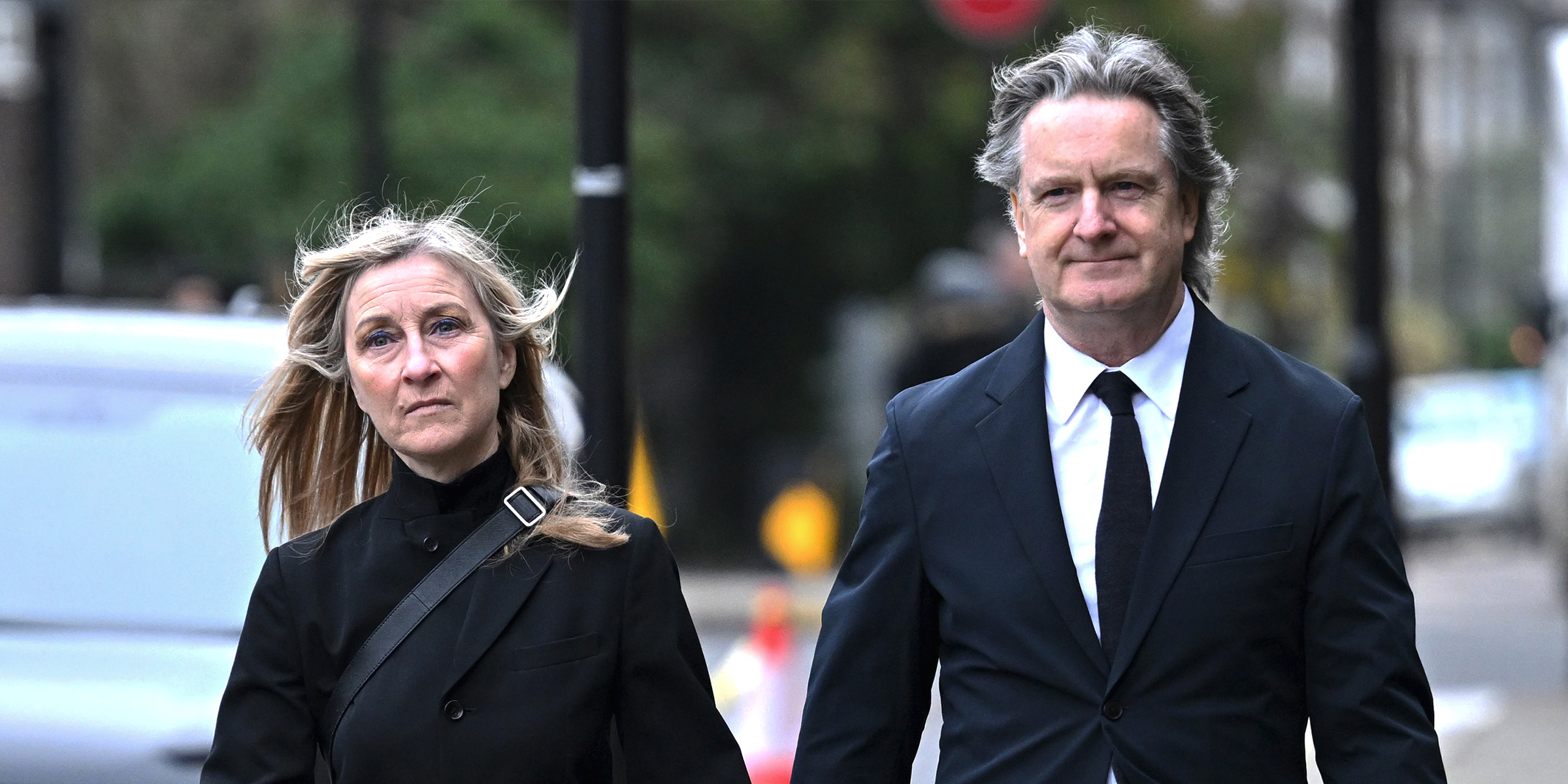
He Thought His Wife Was Pulling Away from Their Marriage, but It Turned Out to Be Alzheimer's – First Symptoms Revealed
As she approached her 60s, a seasoned journalist, once praised for her sharp instincts, began struggling to find her words. Her moods shifted, her energy drained, and tension at home escalated. Her story is a cautionary tale about mistaking illness for emotional distance or personality change.
After decades of marriage, Martin Frizell sensed his wife Fiona Phillips was slipping away from him. She had grown distant, easily frustrated, and harder to reach emotionally. They argued more often, and small misunderstandings spiraled into major conflicts. It felt like a marriage slowly unraveling.
What neither of them expected was that these shifts were not emotional in origin, but neurological. Phillips' confusion, mood changes, and mental fatigue weren't signs of detachment or burnout. They were the first symptoms of early-onset Alzheimer's, a disease that had already claimed both her parents.

Fiona Phillips on February 2, 2024 | Source: Getty Images
Balancing Motherhood, Career, and Caregiving
By the late 1990s, Phillips was one of the most recognizable faces on British morning television. As the main presenter of the morning program, "GMTV Today," starting in 1997, she thrived in the chaos of live broadcasts.
She navigated breaking news, live interviews, and last-minute changes with steady composure. But behind the scenes, her life was far from effortless. At home, she was raising two young sons, Nat and Mackenzie, while also caring for her mother, who had been diagnosed with Alzheimer's disease.

Fiona Phillips is seen having breakfast in a cafe, circa 1997 | Source: Getty images
Every weekend, Phillips would travel to look after her, even as her own schedule remained packed. "Until her death the previous year, aged just 66, I'd looked after her every weekend," Phillips recalled. Not long after her mother passed away, her father was also diagnosed with the same condition.
The weight of responsibility intensified. At the time, Phillips was still working three days a week on GMTV, while juggling other projects including a weekly newspaper column, a radio show, and TV documentaries. She rarely said no to work, fearing that slowing down would make her seem irrelevant in the competitive industry.
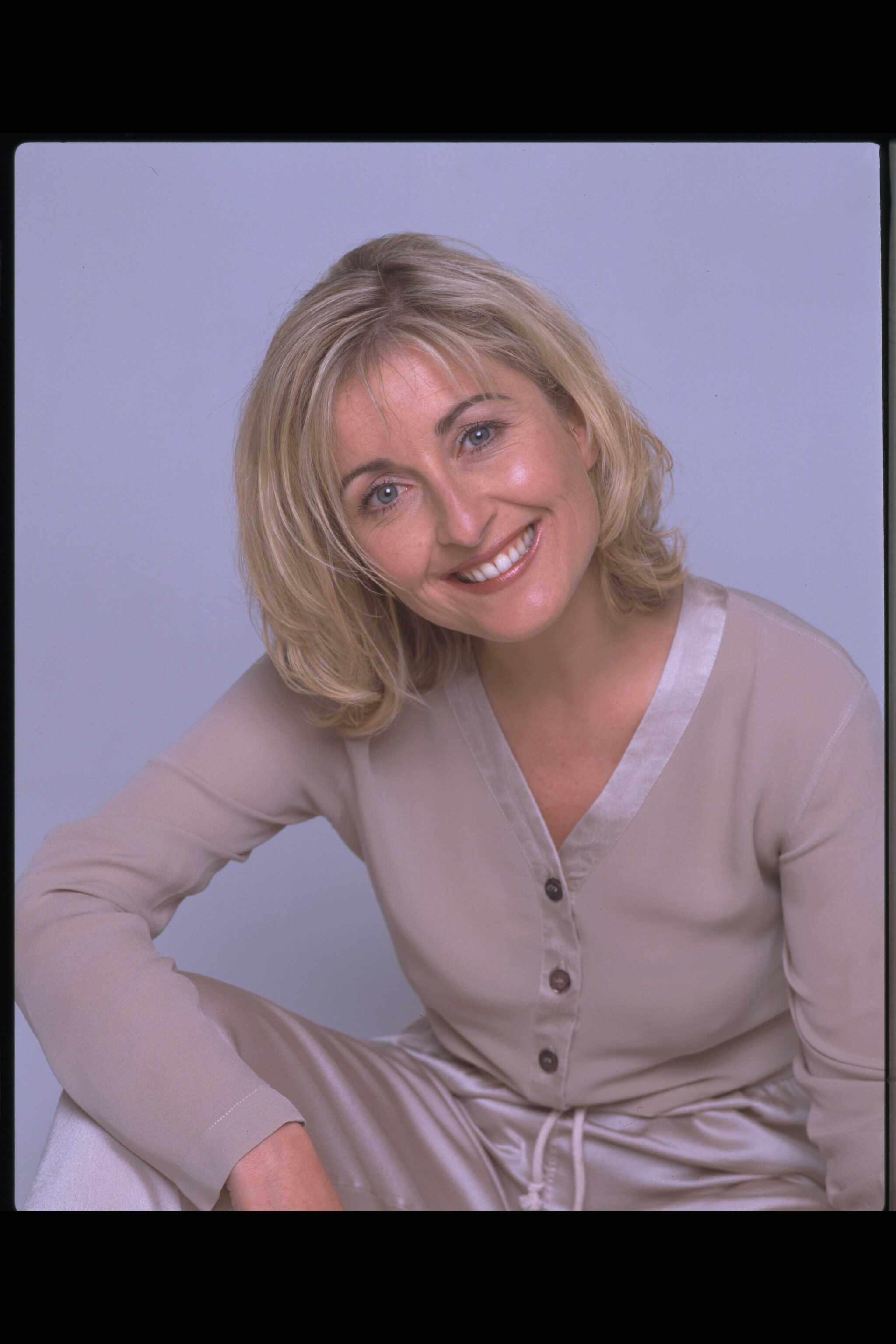
GMTV presenter Fiona Phillips, circa 1998 | Source: Getty Images
"I needed [my employers] to know other shows were interested in me so they wouldn't think I was a washed-up old has-been," she shared. Despite the mounting stress, Phillips rarely paused to rest. She was constantly on edge, always pushing forward, even when exhausted.
"Maybe I'd become a bit manic," she admitted. "I could be dead on my feet with exhaustion but still fretting that I needed to knock up a moussaka because there were two aubergines in the fridge that needed using up."

Fiona Phillips during "Winnie the Pooh" Party at the Hammersmith Apollo March 23, 2005 | Source: Getty Images
What appeared to be a relentless drive was, in hindsight, a life under immense strain. As the demands of work and caregiving intensified, the cracks began to show. But neither Phillips nor those around her yet recognized the deeper cause. The early warning signs were still hiding in plain sight.
Career Changes and Marital Strain
In 2008, after more than a decade with GMTV, Phillips agreed to leave the show. Management was planning a shake-up, and for the first time in years, she felt too depleted to fight for her place. The decision marked more than a professional transition.
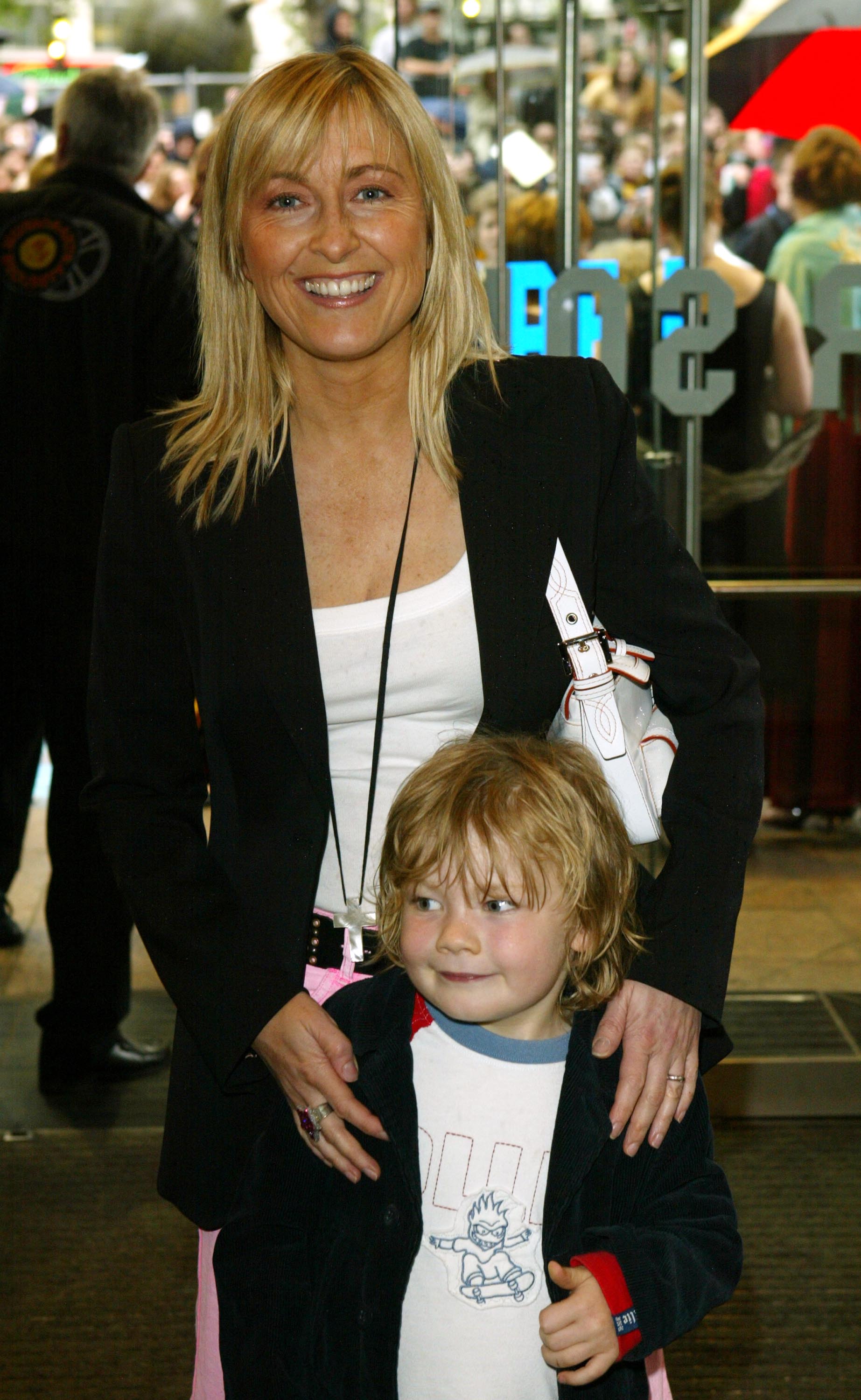
Presenter Fiona Phillips on May 30, 2004 | Source: Getty Images
It became a turning point in her personal life that would expose the growing tension in her marriage to Frizell. Frizell, who had been promoted to editor of GMTV in 2000, faced his own career disruption two years later when ITV took over the breakfast show franchise. The entire team, including Frizell, lost their jobs.
In response, he decided to invest his redundancy payout in a pub in Dorset, a county where they had a second home. Phillips remained in London with the boys while Frizell began commuting back and forth to run the business. At first, the arrangement seemed manageable.
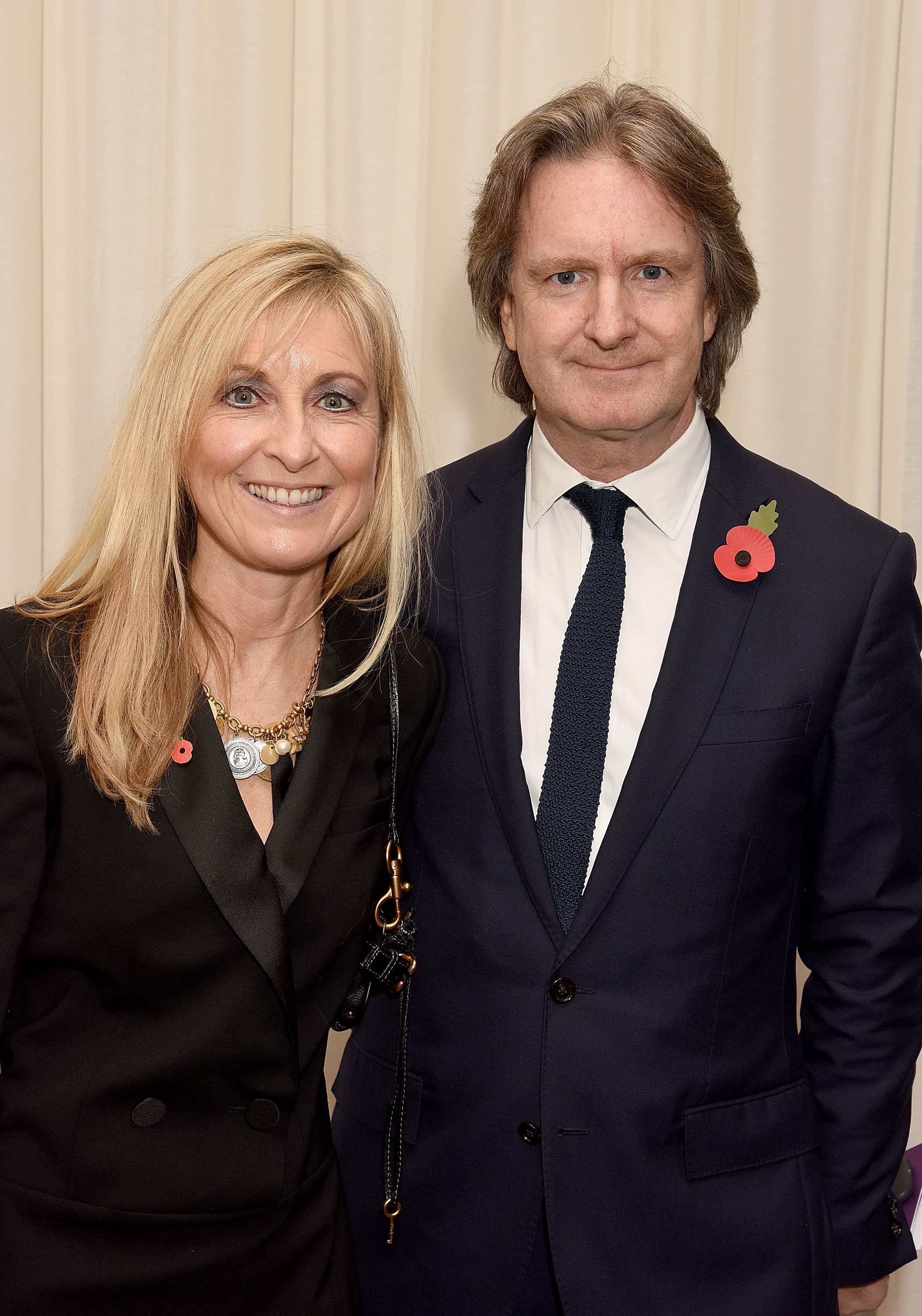
Fiona Phillips and Martin Frizell on October 31, 2016 | Source: Getty Images
She would take the boys to Dorset on weekends, and the family would spend time together. But as the boys grew older and preferred staying in London with their friends, Phillips found herself increasingly alone. With Frizell away much of the week, her sense of isolation deepened.
The distance between them — geographic and emotional — widened. Frizell eventually sold the pub in 2014 after it failed financially, and he returned to television. He took over at "Loose Women" and then became editor of "This Morning." His career found a new rhythm, but Phillips' did not.
Offers came in, but nothing seemed to stick. She began to feel unmoored, lacking direction. At home, she was growing more withdrawn. Arguments with Frizell escalated. The life they had carefully built together now felt fragmented, and no one could explain why.
Denial and Dismissal
By 2020, Phillips began to notice changes in herself that went beyond exhaustion. She grew anxious behind the wheel, something that had never troubled her before. The idea of driving through familiar streets made her palms sweat. Trips to the store or bank, once routine, triggered waves of panic.

Fiona Phillips photographed on March 23, 2016 | Source: Getty Images
Even her confidence in speaking, an essential skill in her profession, was starting to falter. Around that time, she had also contracted COVID-19. When the symptoms lingered, she blamed Long COVID for the persistent brain fog, mental fatigue, and emotional volatility.
Public conversations about menopause were also gaining momentum, with prominent figures like Davina McCall discussing the lesser-known cognitive and emotional effects of hormonal changes. For Phillips, it seemed like the pieces were finally falling into place.

Fiona Phillips attends the Natwest Everywomen Awards at the Dorchester hotel on December 6, 2017 | Source: Getty Images
She didn't experience the typical hot flashes, but the anxiety, mood swings, and confusion aligned with the menopause symptoms being widely discussed. In 2021, Frizell suggested she see Dr. Louise Newson, a menopause specialist who had become a regular expert on "This Morning."
Dr. Newson reviewed Phillips' symptoms, ordered blood tests, and started her on hormone replacement therapy (HRT), hoping it would restore clarity and calm. But months passed, and there was no improvement. If anything, Phillips seemed to be slipping further away, not just from Frizell, but from herself.
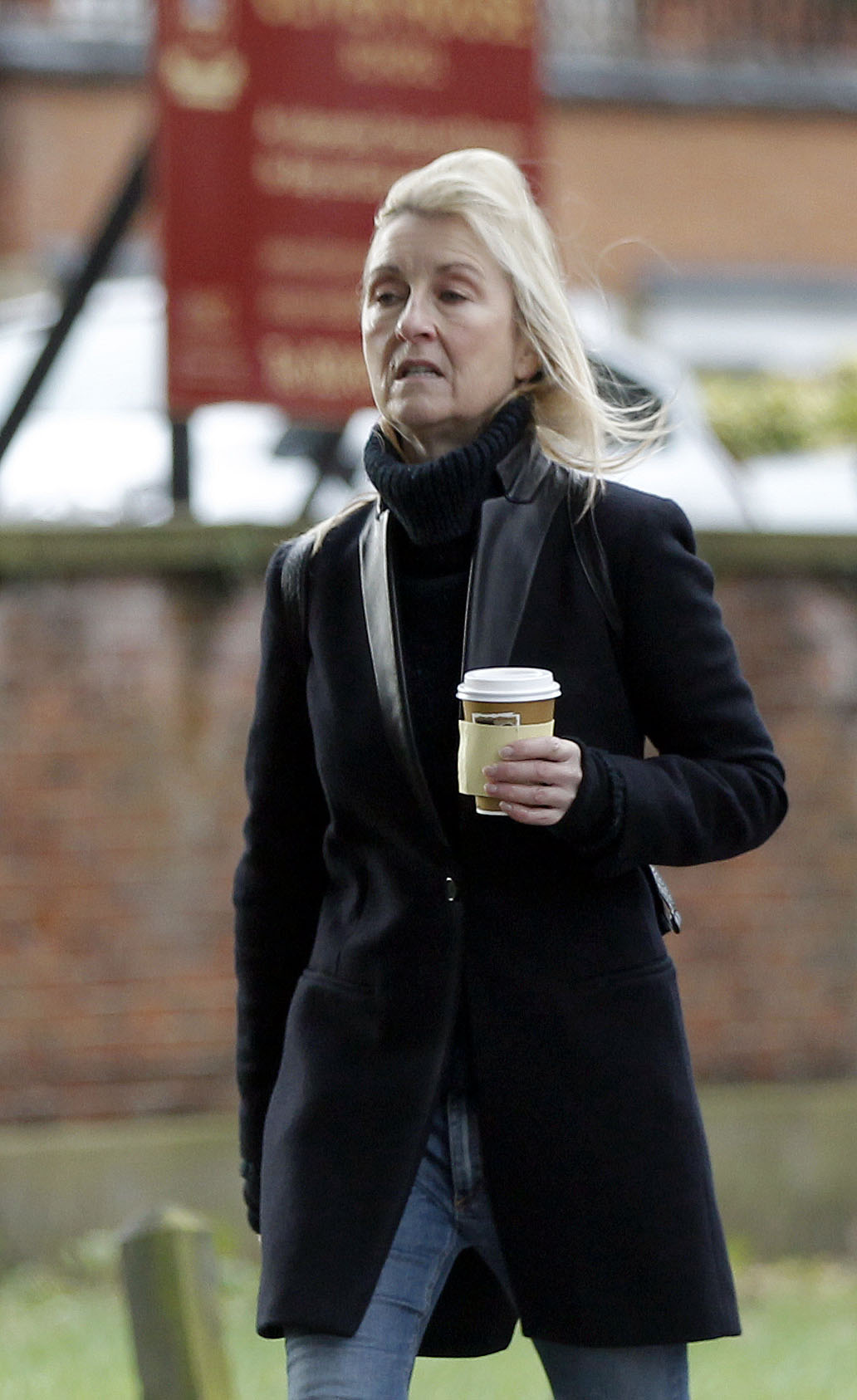
Fiona Phillips seen on January 8, 2016 | Source: Getty images
When Treatment Doesn't Work
By early 2022, the lack of progress in hormone therapy was becoming impossible to ignore. Phillips' memory issues, anxiety, and cognitive confusion weren't easing. Instead, they were intensifying. Frizell, deeply concerned, reached out to Dr. Newson again, hoping for clarity. This time, her response was different.
After reviewing Phillips' history and lack of response to treatment, Dr. Newson suggested that something beyond menopause might be at play. "Fiona needs to be properly assessed," she advised. It was the first time a medical professional had openly voiced what neither Phillips nor Frizell wanted to consider but had quietly feared.

Fiona Phillips and Martin Frizell pictured on February 2, 2024 | Source: Getty Images
The next step was a referral to Professor Jonathan Rohrer, a consultant neurologist. During the initial hospital visit, Phillips underwent a battery of cognitive tests. She was asked to solve basic subtraction problems, identify the time on a clock, and perform visual-spatial tasks, such as drawing intersecting rectangles.
Though some of the tasks felt "humiliating and silly," others were unexpectedly difficult, and she left the session uncertain but hopeful. She underwent an MRI, but the scan didn't provide conclusive results.

Fiona Phillips attends the gala night after party for "The Prince of Egypt" at the British museum on February 25, 2020 | Source: Getty Images
A few weeks later, she returned for a lumbar puncture — an invasive but definitive test that analyzes spinal fluid for biomarkers of neurological disease. That test would finally deliver the answer they had been chasing for years.
The Diagnosis That Changed Everything
The results arrived not long after the procedure. Phillips and Frizell returned to the hospital together, prepared for clarity but not for confirmation. Sitting across from Professor Rohrer, they made small talk as they waited. Then, without ceremony, the consultant delivered the news.

Fiona Phillips sighting on January 8, 2016 | Source: Getty Images
"Yes, I'm afraid to tell you that you do have early-onset Alzheimer's disease," he confirmed. At 61, Phillips found herself facing the same disease that had claimed both of her parents. Though she had feared it might one day reach her, she had always hoped it would come much later in life, if at all.
They left the hospital in silence. Outside, life continued around them — people passed by, traffic moved along, and nothing seemed different. Yet for Phillips, everything had changed. Later, in a nearby pub, they tried to absorb the news.

Fiona Phillips and Martin Frizell photographed on December 10, 2012 | Source: Getty Images
It felt surreal. The landlady cleared the glasses as the television played in the background. People ordered drinks, talked, and laughed, completely unaware that someone in the corner had just had her entire world rewritten.

Fiona Phillips pictured in 1999 | Source: Getty Images
Keeping It Secret, Living Normally
In the hours after her diagnosis, Phillips made one decision immediately: she wasn't going to tell anyone yet. She didn't want sympathy, speculation, or gossip. In the world she came from — television, public life — that kind of news could quickly become a headline, and not on her terms.
She imagined how it might be received. People whispering, colleagues exchanging glances, or worse, offering pity. "Oh, have you heard about poor Fiona? What a tragedy," she imagined them saying. It was a prospect she couldn't stomach. She had spent her entire career building a reputation based on merit, not sentiment, and she didn't want that to change.
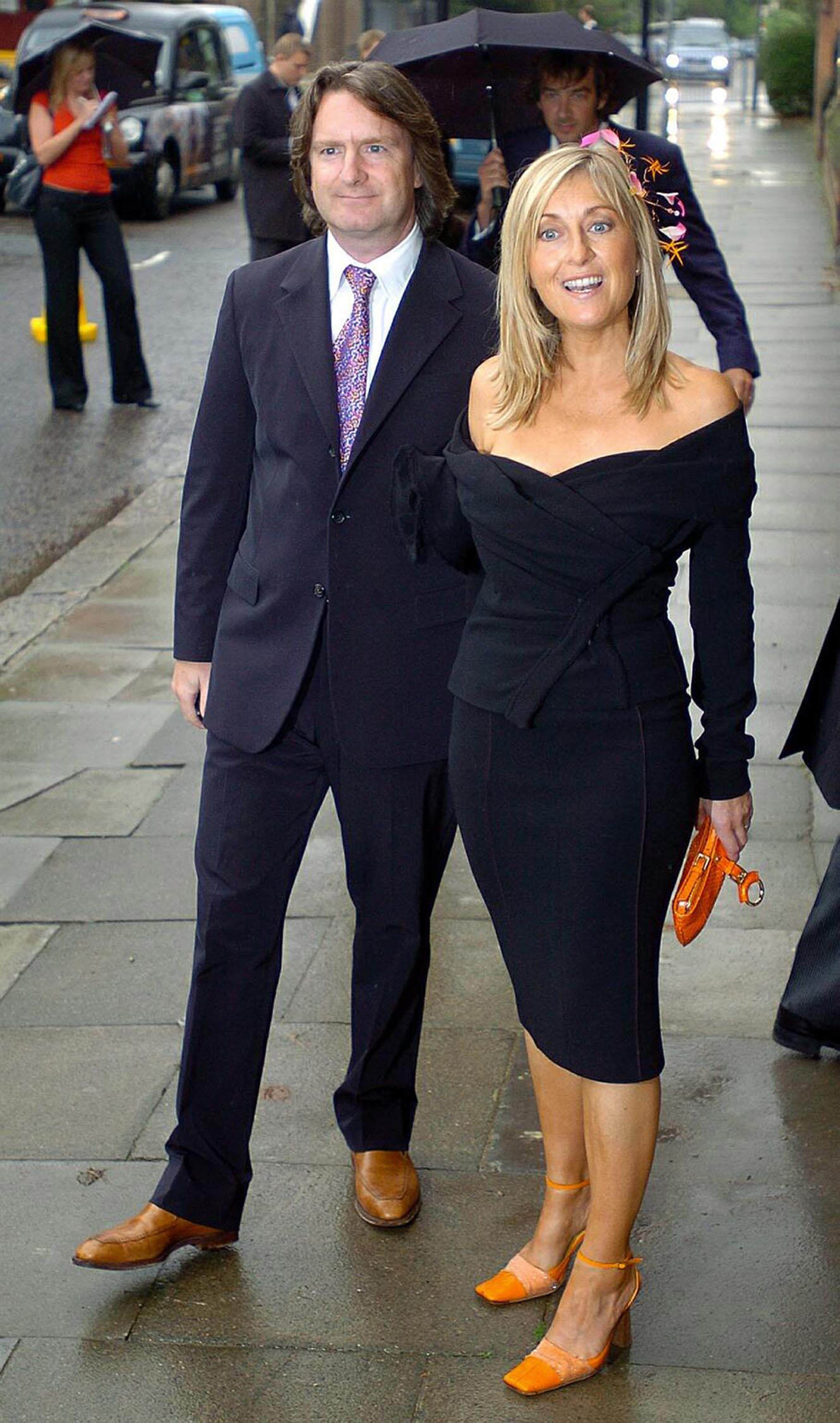
Martin Frizell and Fiona Phillips photographed on September 10, 2005 | Source: Getty Images
So she and Frizell returned to their home and resumed life as they knew it. The front door opened as it always had. The same rooms, the same furniture, the same routines. Nat was away with the Army, and Mackenzie was out with friends. On the surface, nothing had changed.
The next morning, Frizell got up and went to work. Phillips made a coffee and went for a walk. There were no dramatic announcements or visible signs of a turning point. But behind the quiet normalcy, they both knew there was no going back.

Fiona Phillips attends the People's Postcode Lottery Charity Gala at McEwan hall on March 14, 2019 | Source: Getty Images
Understanding Early-Onset Alzheimer's
Alzheimer's disease is the most common cause of dementia, gradually eroding memory, thinking, language, and behavior. While most cases begin after age 65, early-onset Alzheimer's can appear much sooner, often in people in their 40s, 50s, or early 60s, like Phillips.
Because of its timing, the early symptoms are often misread as stress, burnout, or, in women, menopause. That was exactly what happened in Phillips' case. Her symptoms: brain fog, anxiety, mood changes, and mental fatigue, closely resembled those of midlife hormonal shifts. But unlike menopause, Alzheimer's does not improve with treatment over time.
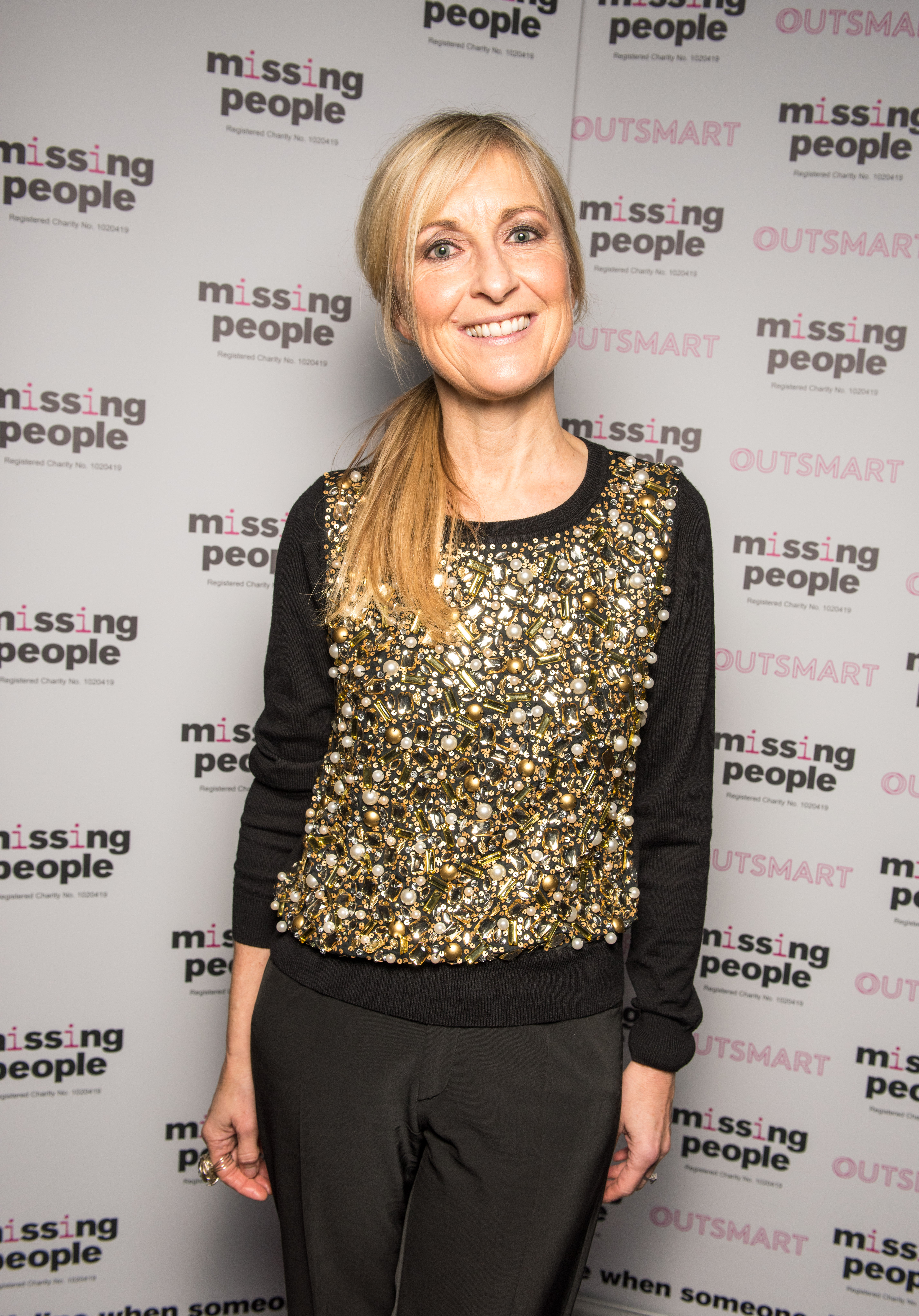
Fiona Phillips arrives for the 'Home for Christmas' fundraising dinner and auction in aid of Missing People on November 5, 2015 | Source: Getty Images
It progresses quietly, and without early detection, its signs can easily be mistaken for something else. The disease also has a genetic link. According to the Cleveland Clinic, having one or both biological parents with Alzheimer's increases an individual’s risk by 10 to 30 percent.
Phillips' own family history placed her in a higher-risk category, though no one could predict when or if it would appear. There is no cure for Alzheimer's. But early diagnosis allows patients to plan, access treatment to manage symptoms and take steps to preserve their quality of life for as long as possible.

Fiona Phillips attends the gala night performance of "The Prince of Egypt" on February 25, 2020 | Source: Getty Images
Phillips' story is a stark reminder that not all personality changes are psychological or emotional. Sometimes, the signs point to something deeper — something the person experiencing it may not even recognize in themselves.
The information in this article is not intended or implied to be a substitute for professional medical advice, diagnosis or treatment. All content, including text, and images contained on news.AmoMama.com, or available through news.AmoMama.com is for general information purposes only. news.AmoMama.com does not take responsibility for any action taken as a result of reading this article. Before undertaking any course of treatment please consult with your healthcare provider.
